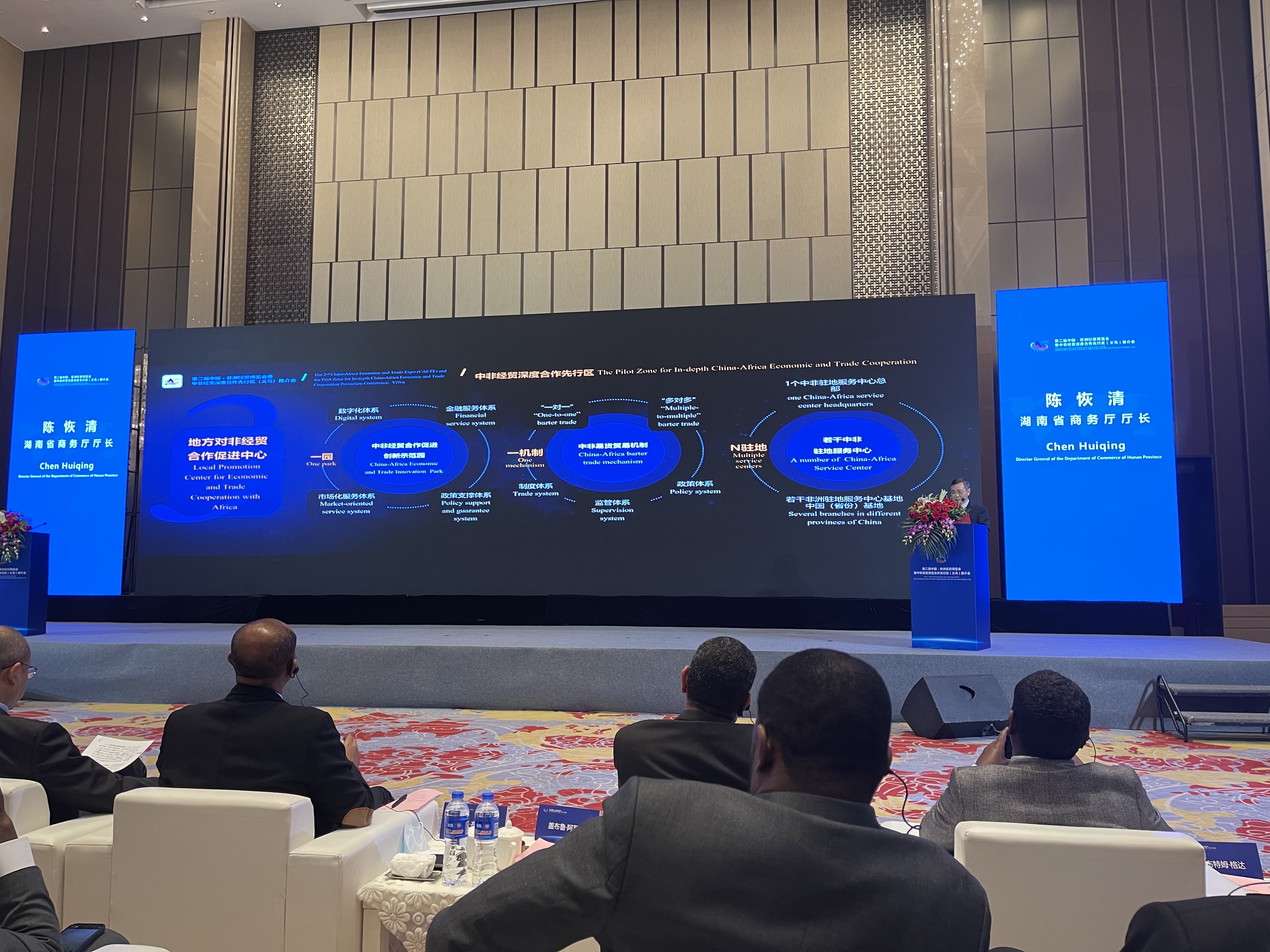CEO's View On Manufacturing

Abrams View on manufacturing
Technological and economic changes have created new opportunities in small-scale manufacturing, presenting a chance for communities to make progress on several important economic development issues. Small-scale manufacturing can grow local entrepreneurship and small business, develop or enhance new and existing economic sectors, and revitalize towns and business districts. Using support from Kichuguu platform, economic development practitioners and policy makers should be thinking about focusing more on small-scale manufacturers, how to grow the sector, and the particular synergies that are created when locating these businesses in towns and suburban areas. The guidelines should be in reviewing existing policies and programs that support local producers to grow their businesses in targeted areas.
In the 20th century manufacturing transformed into a predominantly large-scale enterprise. Large-scale manufacturing requires large physical scale, significant freight requirements and big capital. These factors created high barriers to entry in the manufacturing sector because production only occurred in high-cost, large scale plants and produced thousands of units at a time.
Now, recent technological and economic shifts—such as access to online marketplaces, the ability to process sales on mobile devices, and affordable access to tools for smaller production runs—have lowered those barriers. These trends are changing what is possible in manufacturing, and point the 21st century economy back to this new old trend: small-scale manufacturing.

Urban planing and small scale manufacturing
This new face of manufacturing allows many more people to produce and sell their own goods: costs of production are lower, tools are more accessible, space needs are smaller, production runs can be small and on-demand, and sales can start overnight.
Production is compatible with neighborhood uses, is interesting to see, and fits into small spaces. For communities, this presents a dual opportunity to simultaneously grow this business sector and contribute to neighborhood revitalization efforts.
Many local economic development strategies include support for growing and launching small businesses such as retail shops and professional services. However, small-scale manufacturing is often overlooked by local economic development practitioners—but can be an important piece of any economic development strategy and town redevelopment initiative. Similarly, the typical practice of mixed-use development includes retail, office, and residential to promote town revitalization, but rarely considers small production businesses as a complementary use. Plans often expel industrial uses outside of downtowns to suburban auto-oriented industrial parks.
Small-scale manufacturing is an umbrella term that refers to all types of small businesses that produce tangible goods. This includes textiles, hardware, woodworking, metalworking, and animal feed production. It also includes consumer product design, cosmetics, liquid soap, cooking oil, small scale breweries and distilleries, and local food production like bakeries and general packaging. The businesses may be consumer-facing or provide products to other businesses and often have 1-30 employees.
Most can start from semi-finished product, for example cosmetic production, one can import packages from China and do mixing and packaging locally Or someone can focus on industries supplies like producing preforms for making bottle, this will require just one set of injection mold machine, and can supply preforms to variety of water, or other bottling companies to blow the bottles.
Small-scale manufacturers are cleaner and quieter, and more compact compared to traditional heavy manufacturing and thus can physically fit and be good neighbors. The small manufacturers benefit from existing infrastructure investments, access to retail customers, and proximity to transit, retail, housing, and a robust diversity of businesses and workers. For instance, a small manufacturer who fills a vacant storefront both attracts neighborhood residents to walk by and see production, and benefits from any existing foot traffic from other retailers or local transit stops. Additionally, manufacturing businesses benefit from being near each other. Small manufacturing business owners can help build a steadier supply of skilled labor, attract more competing suppliers, and encourage knowledge spillover between firms. This critical mass can only be achieved by allowing firms to locate in close proximity of one another, and near existing housing and commercial centers.

How can community encourage and grow small - scale manufacturing ?
Based on experience with this relatively nascent sector there are four actions that local economic development agencies, chambers, local governments and others can take:
- Find, connect, and support small scale manufacturers
- Identify funding sources
- Encourage small, light industrial space in local developments
- Create cross-sector partnerships
TO BE CONTINUED........ connect to learn more and discuss aibo@kichuguu.com
Recent News

Kichuguu Pick: How innovation is driving China’s solid economic grow
Four lessons from China’s solid performance during an extraordinary year. 1. Faster than a speeding virus 2. Standing on the shoulders of giants 3. Going further together 4. Advanced technology to the rescue
10 Sep, 2021
Kichuguu Industrial parks
Kichuguu proposed four industrial clusters for which are trade and logistics, export processing and business support: 1. Logistics Industry Cluster: transportation, bonded warehousing, logistics and distribution; ( Preferred Dar es salaam Port) 2. Business Industry Cluster: bulk bond
01 Aug, 2021

CEO's View On Manufacturing
Technological and economic changes have created new opportunities in small-scale manufacturing, presenting a chance for communities to make progress on several important economic development issues. Small-scale manufacturing can grow local entrepreneurship and small business, develop or enhance new
27 Aug, 2021

Kichuguu-Hunan Investment Forum
“Identify the three main constraints on the private sector in Africa.” This exercise, conducted at a working session of the Kichuguu Investment Forum (KIF) on Monday in Changsha, Hunan, saw some interesting perspectives emerge. The fifty participants at this session discussed challenges and t
02 Jul, 2021